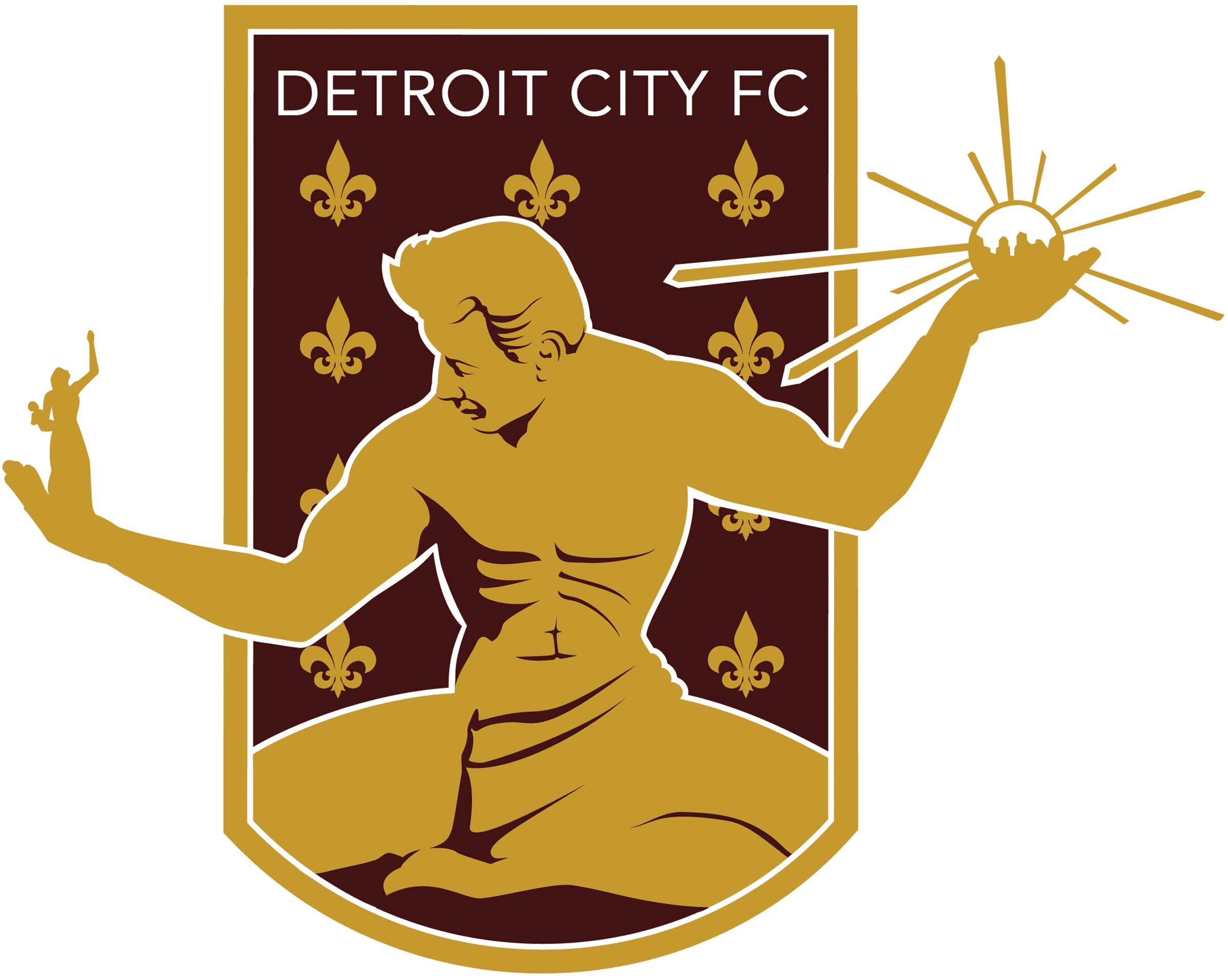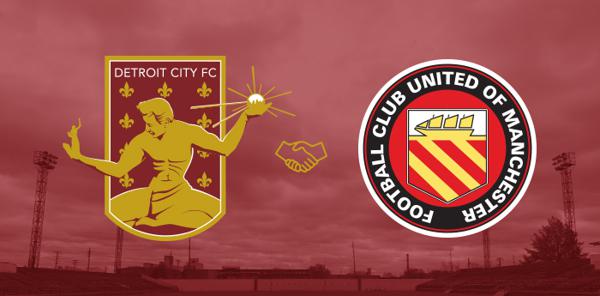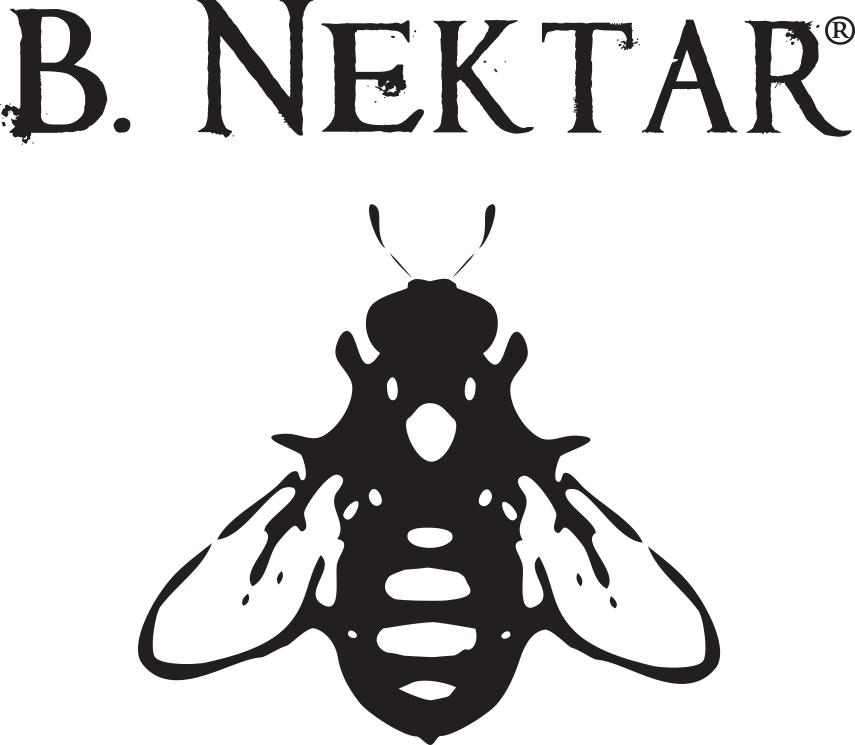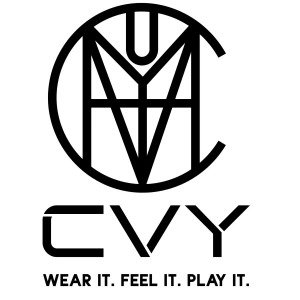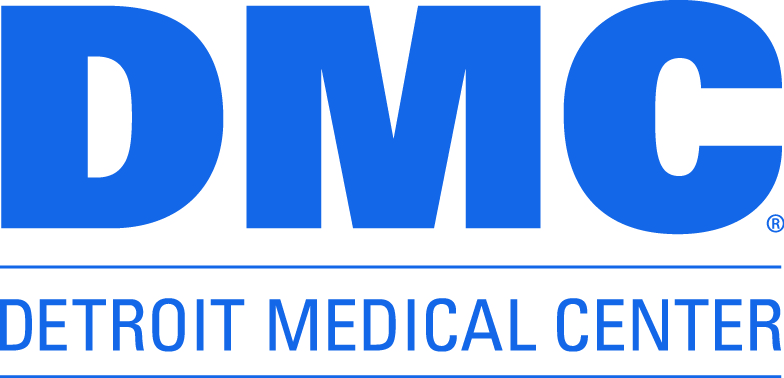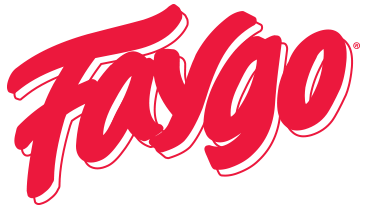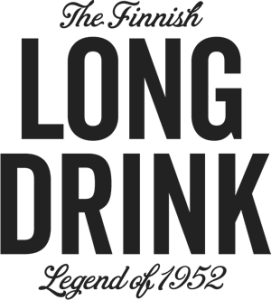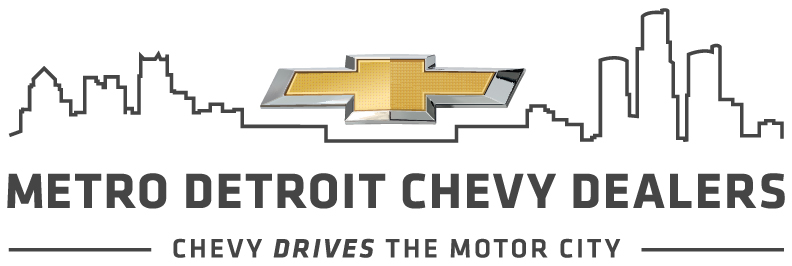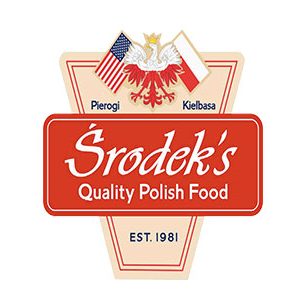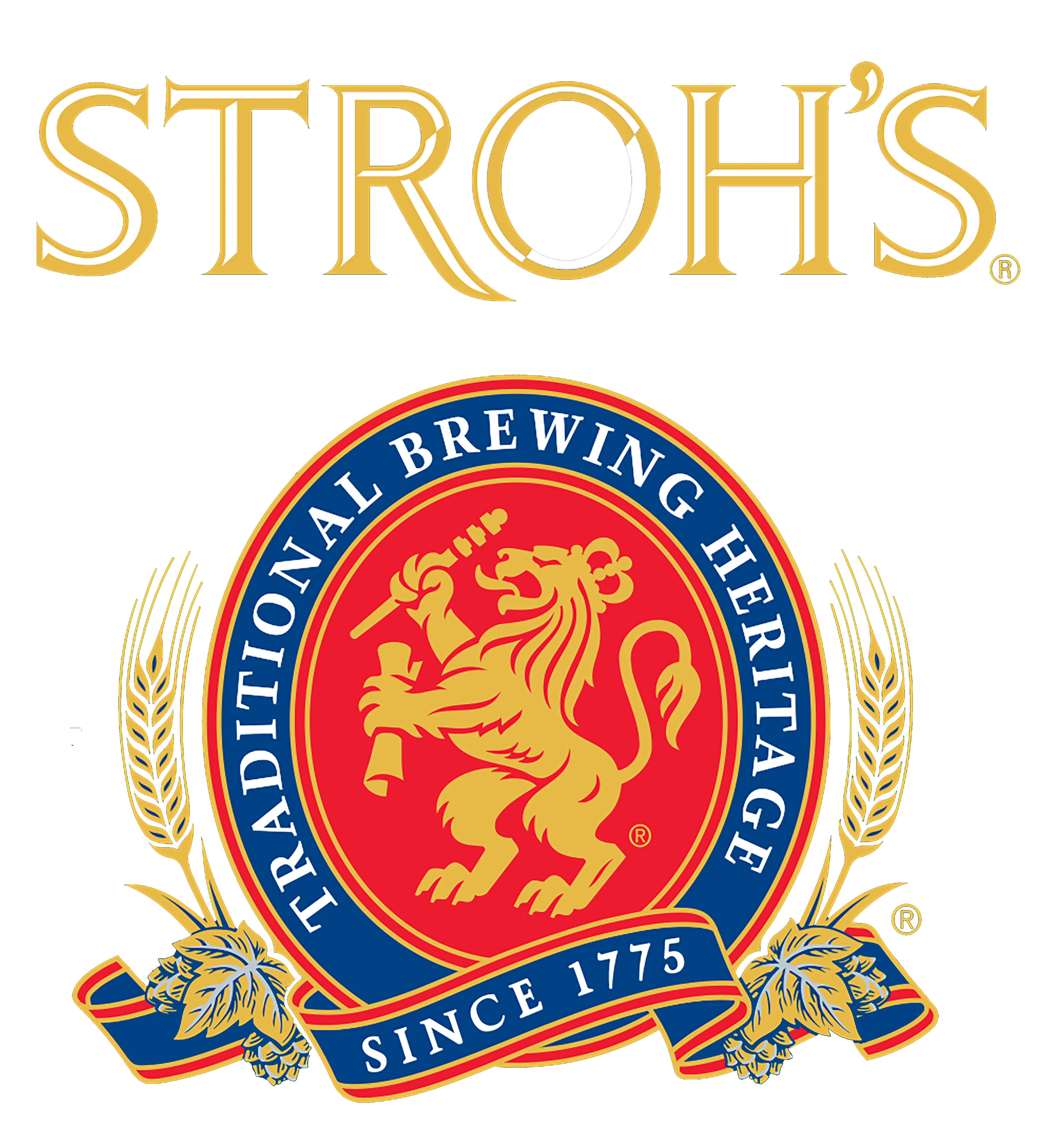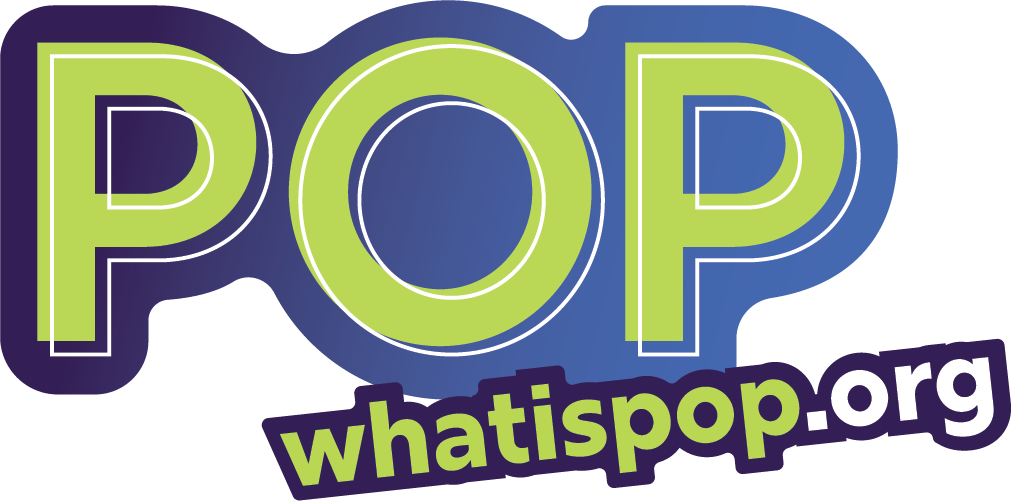On Saturday, May 28, Detroit City FC will host an international exhibition match against FC United of Manchester, a club that has served as a model club for Le Rouge ownership since DCFC’s inception in 2012.
The FC United story is one that, at its heart, is about how people can come together to make the change they want to see in their community. In the FCUM case, it is about remaking the face of football, and returning it to the fans.
DCFC shares the belief that in order to be a successful soccer club in any city, that club must first be community-focused.
As our friendship match approaches, we look forward to introducing our supporters to the history, culture, traditions and personalities of FCUM and their great city of Manchester, which mirrors Detroit in many ways.
In Part 2 of our ongoing ‘Get to Know FC United’ series, we chatted with FCUM member Dominic Sagar. Dominic’s fortuitous meeting with DCFC owner Alex Wright at PJ’s Lager House in Detroit was the initial contact between the two clubs.
————–
Q: From your side of things, how did you find yourself in Detroit? And more specifically, DCFC?
A: To me and many Mancunians musos, just the name ‘Detroit’ conjures up romantic magical musical imagery. And also being a self-confessed petrol head (in the past even owning a Ford Fairlane 5 litre V8), motors and Detroit go hand in hand, so Detroit has always held a deep fascination. And having an interest in post-industrial cities and their decline, I came to visit Detroit to carry out research and to deliver a talk on Manchester and Detroit; covering their similarities and connections, musically, artistically and industrially with their similar problems and radical, political mind sets.
Part of my background and interests have centred on community grassroots cultural initiatives, including music and football. And whilst researching, I found out about the then newly formed Detroit City FC. Thankfully, whilst in Detroit I managed to contact co-owner Alex Wright and we met up one night for a wonderful, whirlwind tour. Alex was truly inspirational and passionate about DCFC and developing a similar community ethos to FCUM. Following that fateful night, I was determined to keep in touch, and like Martin Luther King Jr. said for the first time in Detroit “I have a dream…” And I had a dream that FCUM and DCFC would meet up somehow, somewhere, sometime. So now, FCUM will be making that transatlantic crossing to play DCFC in one of the first matches in their newly refurbished Keyworth Stadium. A dream come true.
Q: As someone who has visited Detroit, what do you think our two cities have in common?
A: They are two hugely important industrial cities. Manchester ‘King Cotton,’ the first truly industrial city of the 19th century, passing on the baton to Detroit ‘Motor City,’ the first truly modern city of the 20th century. Henry Ford even shipped a whole production line over from Detroit to Manchester. (Coincidently the first Ford plant was actually on a street called Manchester Avenue in Detroit). ‘The Line’ was set up in the first industrial estate in Britain, at Trafford Park, from which out popped, as well as footballers, thousands of model T-Fords. There are still conventions held in Manchester celebrating this revolutionary car.
Subsequent to their industrialization, both cities have experienced massive declines in fortunes, having had their large industrial hearts ripped out and ravaged, leaving dying industrial carcasses and car crashes of despair, dereliction, desolation and post-industrial wastelands vacated by a massive exodus of the cities’ inhabitants.
As a consequence, both cities have suffered with socio-economic problems, racial problems, employment, poverty, protests and riots. Both cities have connecting threads linking them to their collective industrial pasts, cities with a strong work ethic bred into the psyche, along with a real sense of radicalism, resourcefulness, innovation, playfulness and combined with a deep sense of pride and love of their cities.
An ongoing interest has always been how cities affect the music and how music affects the city. Manchester and Detroit are two cities built on incredibly strong and vibrant musical histories criss-crossing across the oceans. So musical connections are key when paralleling the tales of the two cities and how they have benefitted from this shared experience.
Musically and artistically, Manchester and Detroit have been closely connected by the flow and transmission of information and transfer of ideas via ‘cars and trains and boats and planes’ through to the new ‘super highway,’ from Detroit to Manchester and back again. From skiffle, jazz, rock and roll, punk, funk to house and techno. The musical connectivity and tales of the two cities are extensive, covering all genres of music and culture.
Manchester has, in the main, reinvented itself through music and youth culture, which has been inextricably linked and integral to its perceived regeneration. Music and football has always been a part of Manchester life going back hundreds of years, a way of entertainment and escapism from the misery and hellish conditions of the working people.
Q: DCFC has an extremely dedicated and passionate supporter base, but clearly can’t compare to what football means to folks in Manchester. Can you touch on the relationship that people have with the sport in your town? How did that bond inform the evolution of FCUM?
A: Yes, football is big in Manchester and goes back a long way. The first incarnation of Manchester United was in 1878, near to FCUM’s new ground, a railway team partly set up to get kids off the streets and out of gangs, similar to part of the community role FCUM plays today. Football’s popularity goes back even to when Marx arrived in the city, feeling the time was ripe for the instigation of a revolution. Unfortunately for Marx, the mill owners cottoned onto this and instead instigated [to appease the workers] what was to become known as the ‘Manchester weekend,’ whereby initially to break up the seven day week, factories closed on Saturday afternoons, eventually leading to Sundays off and the reason why football, sport and ‘going out’ are so important in Manchester. Saturday afternoons are meant for watching the match and carrying on drinking and dancing in music halls in the evening. Music became as important as football and intrinsic to the city’s fabric.
Likewise Detroit seems to be, if not a football/soccer mad city, a big sports mad city, with the likes of the Detroit Pistons, Lions, Red Wings, Tigers and now a soccer team Detroit City FC!
Q: What was/is your part in the FCUM story?
A: I’m a fan and part owner along with around 5,000 other fans. I’ve been a Manchester United fan since the days of Georgie Best & Co. However, I became involved with an independent supporters group who successfully campaigned to send that horrible Mr. Murdoch and Sky packing when he tried to buy Old Trafford. Outrageously, the club became a PLC and we all knew it was only a matter of time before someone else would come knocking. So all in all, it was a bridge too far for some, sick of the corporate approach to football and lack of connection to the fans, the commodification of our team, our passion. I don’t like shopping in supermarkets and that’s what MUFC and Old Trafford had become; a vast corporate PLC, a big cash till in the supermarket of modern football. It was time to leave, and a break away rebel group of fans hatched a plan to set up a new club from scratch, DIY punk football.
I was part of a small architects practice, and we had actually lent the independent supporters some space to fight the Murdoch campaign. So when the almost ridiculous idea to build our own stadium was launched, we were asked to develop the first, non-site specific, feasibility study in order to garner interest from the great and the good in the town hall and elsewhere. The incredible, long and difficult journey began. With designs worked on and a labor of love from all, finally the dream was realized and a stadium built. An absolutely amazing achievement by a ragtag bag of fans. Astonishing! All due to the fabulous commitment of the fans, volunteers and staff, their tireless efforts and expression of love for their club. The opening match was an emotional and overwhelming experience and on that great day tears were shed and the next day spent looking at the photos of the ground just to check it wasn’t a dream!
Q: What are three things a DCFC supporter must know about FCUM?
A:
1) Proper punk football.
2) Proper pies, standing and singing.
3) Proper people. It’s a love community thing.
Thanks Dominic! Stay tuned for more in our FCUM series. In the meantime, be sure to purchase your tickets for the Detroit City FC vs. FC United of Manchester friendly on Saturday, May 28 at 3 p.m. as Le Rouge welcome FCUM for its first-ever trip to the United States. Purchase your tickets here.




































































































































































































































































